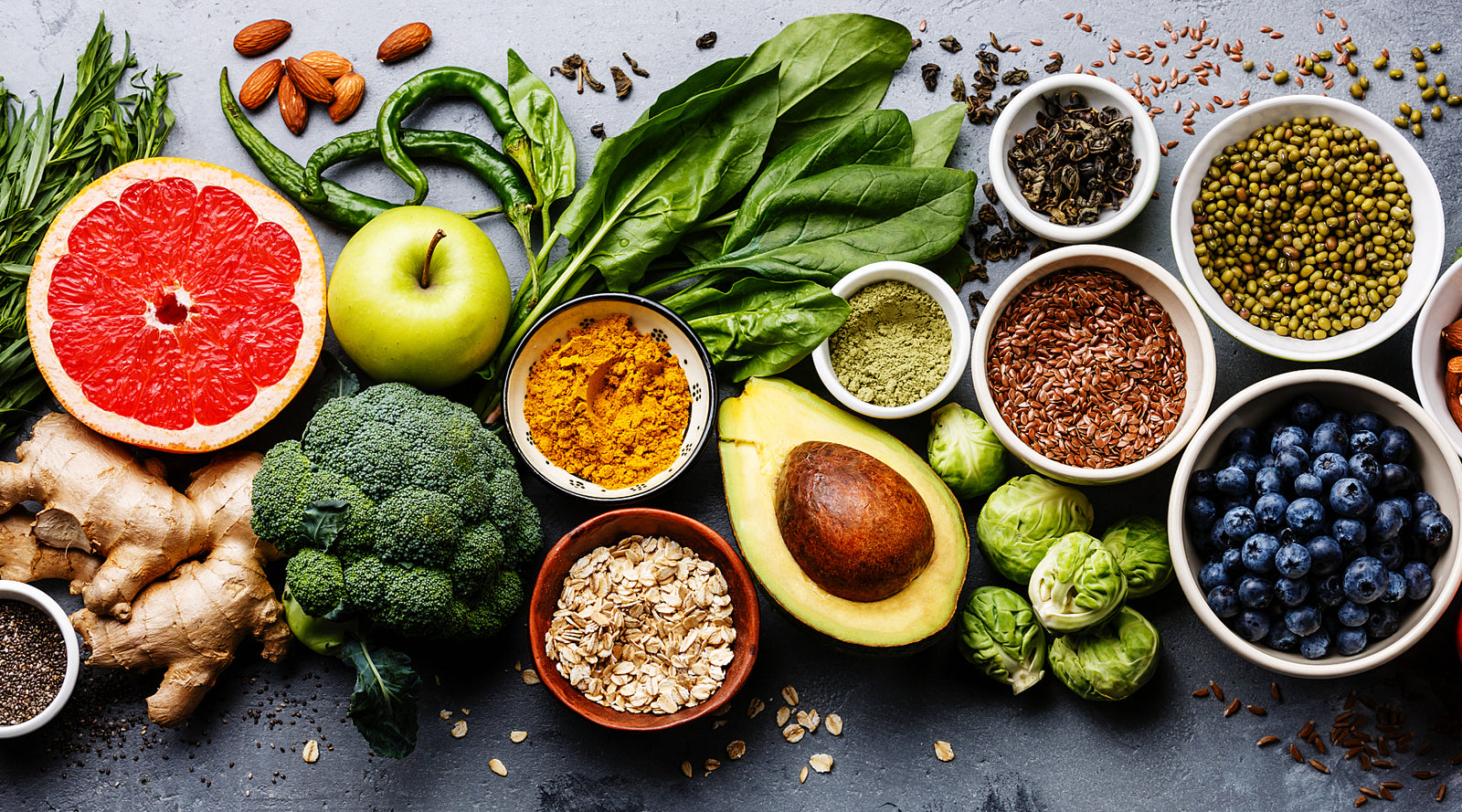To properly function every day, our body needs fuel in the form of nutrients. While our bodies can produce certain nutrients on their own, most other essential vitamins and minerals have to be obtained through dietary intake or nutritional supplementation to ensure adequate levels are obtained.
Nutrients are crucial for development and are what enable our body to function normally day to day. Understanding which vitamins and minerals are essential and why, is an important first step towards including them in your diet and enhancing your health and well-being.
Essential vitamins can be divided into two groups based on how they dissolve: fat-soluble and water-soluble. Fat-soluble vitamins are like oil in that they don't dissolve in water, whereas water-soluble vitamins dissolve in water and are more common.
These vitamins are stored in the liver and fat tissues, with the body taking them from fat tissue as needed. They're better absorbed when you eat them with fat, and they are less compromised through cooking. Fat-soluble vitamins include:
These vitamins are needed more regularly because our body doesn't store them. When we consume foods with water-soluble vitamins, the vitamins move through our bloodstream and those that aren't needed get eliminated through the urine. Some nutrients can be reduced through cooking at higher temperatures, or water-based methods like boiling. Steaming is a better way to preserve nutrients and consuming the liquid from boiling or poaching will help retain nutrients that seep into cooking liquids.
Essential minerals are divided into two groups: major minerals and trace minerals. Both are important, however, the body needs fewer trace minerals.
Major minerals are used and stored in large quantities in the body. They include:
Trace minerals are needed in smaller amounts, these include:
The best way to make sure you're getting all the nutrients you need is to eat a wide variety of whole foods, prioritizing fruits and vegetables.
Dark leafy green vegetables are known as a nutritional superstar as they contain multiple vitamins and minerals, including vitamins A, K, B6, calcium, potassium, copper and manganese. Avocados are also a rich source of nutrients like folate, magnesium, potassium, B2, B3, B5, B6 and vitamin C as well as fiber and those essential omega 3 fats.
Options like smoothies, salads and veggie bowls are great ways to incorporate more nutrient dense produce into your meals. Remember, though, even if you eat the healthiest diet, conventional farming methods use harmful pesticides and herbicides that increase the toxic load on the body and deplete the soil, making foods less nutrient dense as a result. That's why opting for organic and incorporating a daily activated multi-vitamin and mineral is a great way to compliment a healthy whole food diet and ensure you are getting all the nutrients you need daily, in their required amount to thrive.
